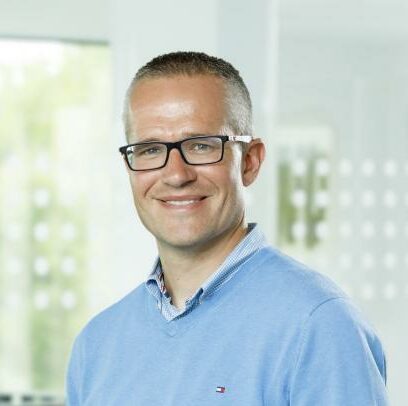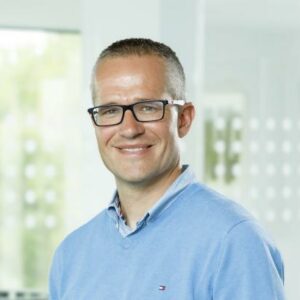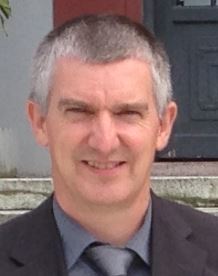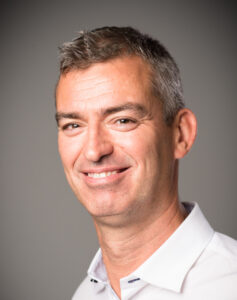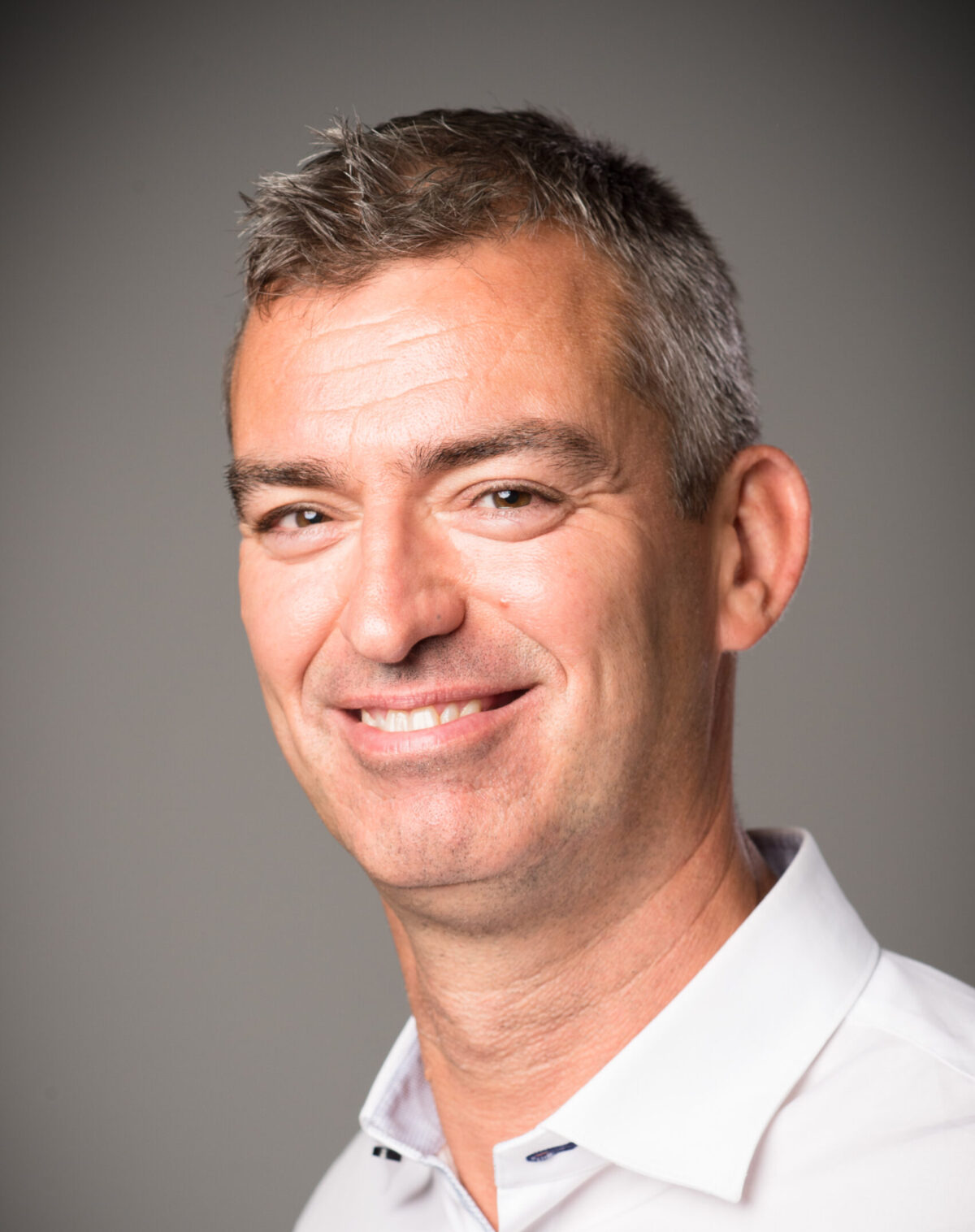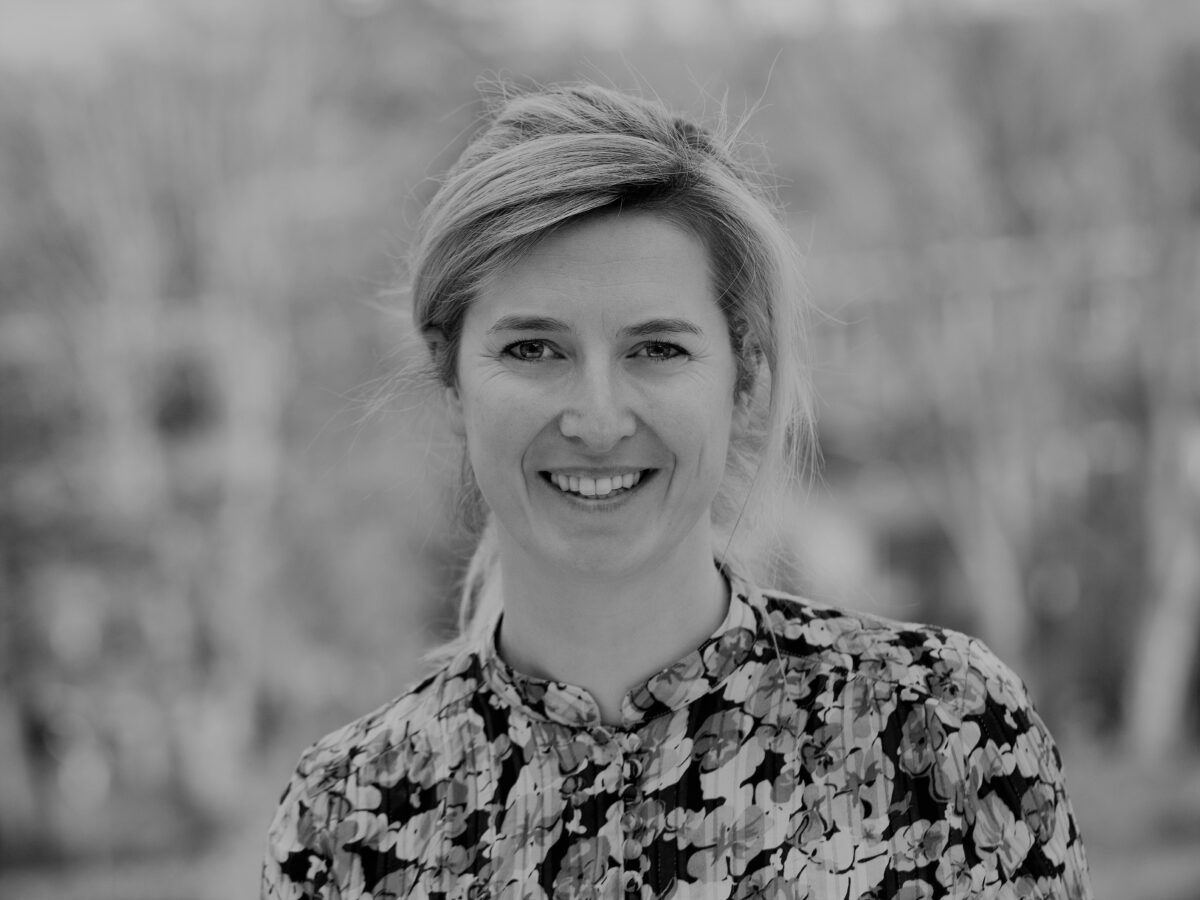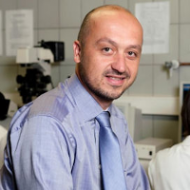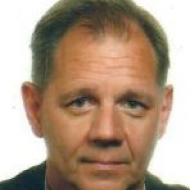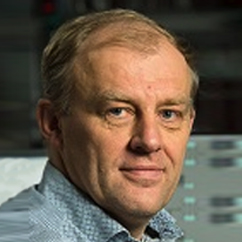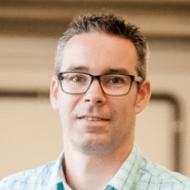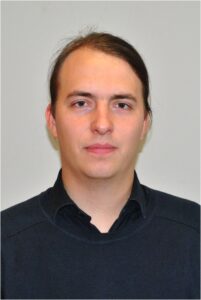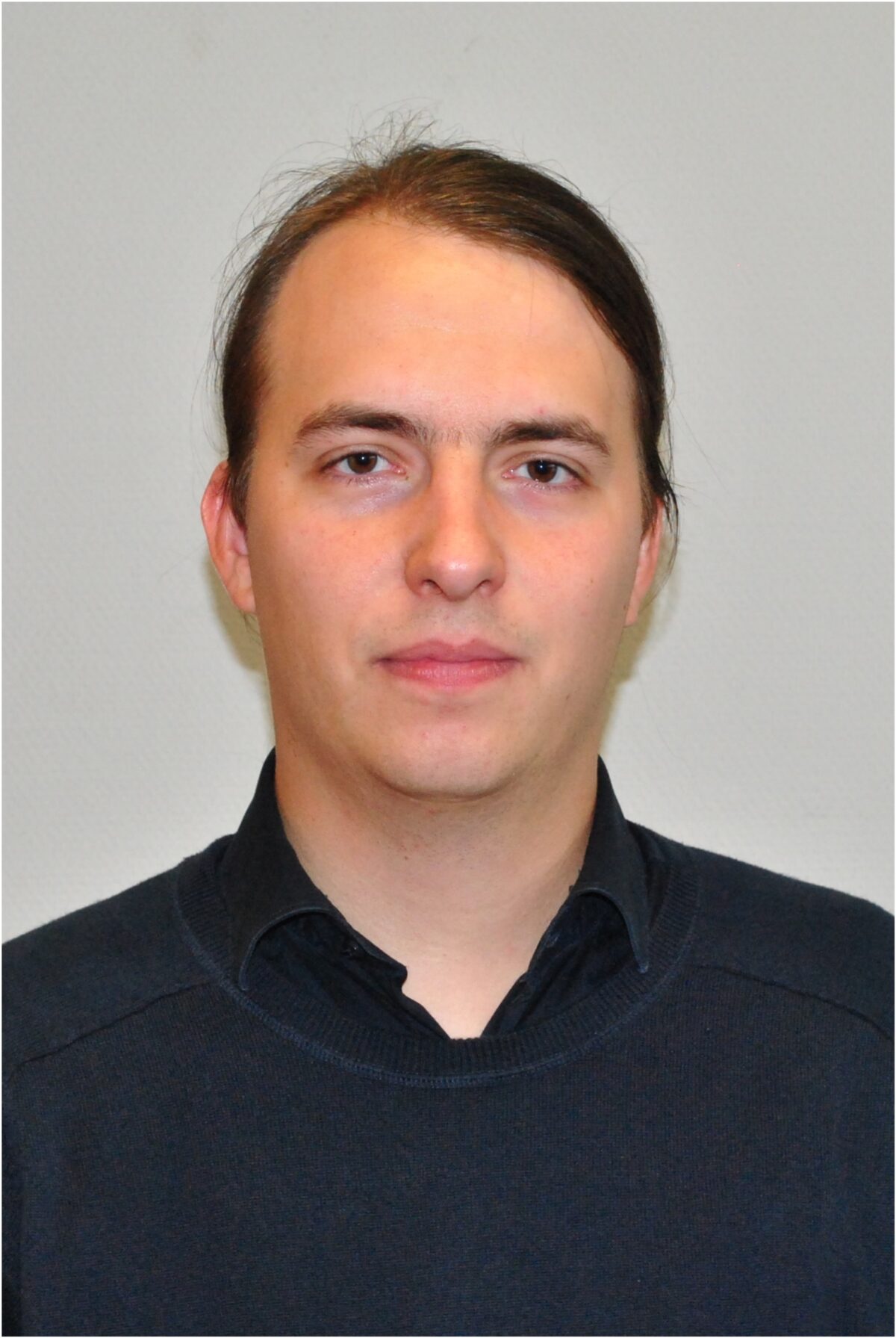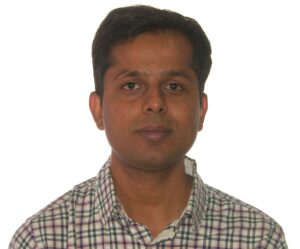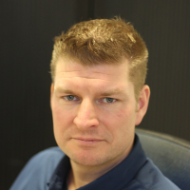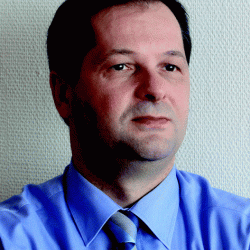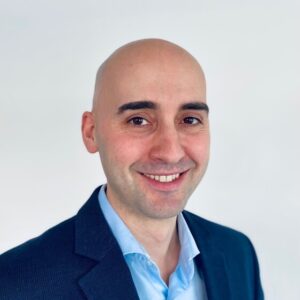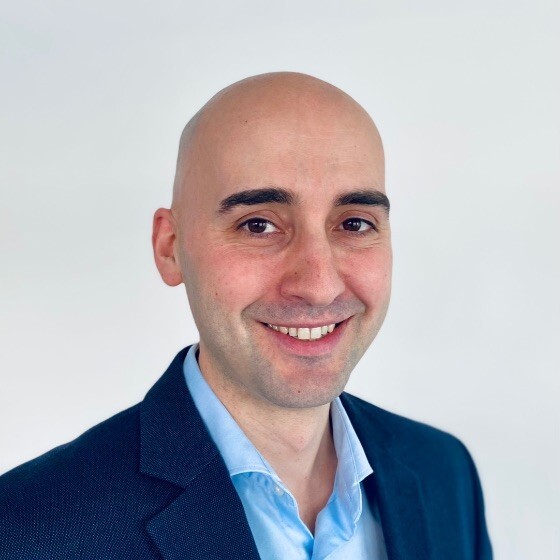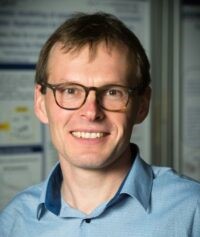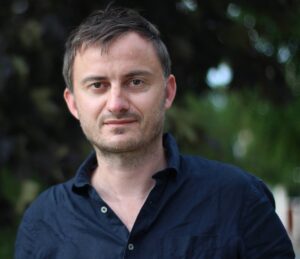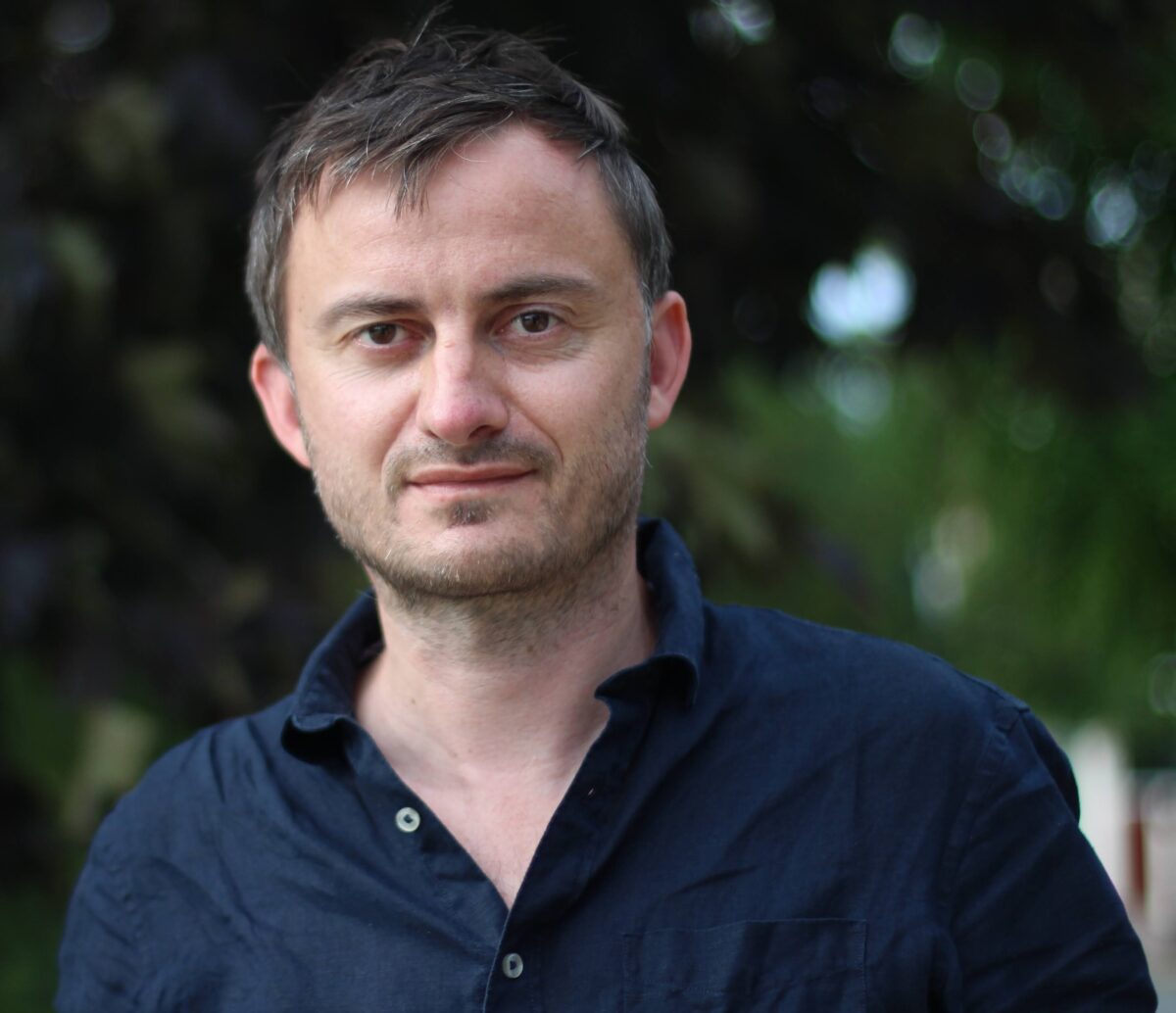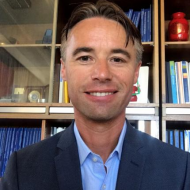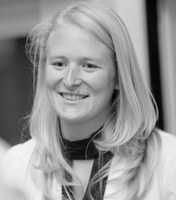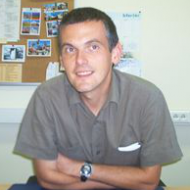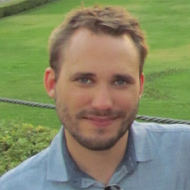Thomas De Beer graduated in pharmaceutical sciences in 2002 at the Ghent University in Belgium. He obtained his PhD at the same university in 2007. For his PhD research, he examined the suitability of Raman spectroscopy as a Process Analytical Technology tool for pharmaceutical production processes. Within his PhD research period, he worked four months at University of Copenhagen in Denmark, Department of Pharmaceutics and Analytical Chemistry (Prof. Jukka Rantanen). After his PhD, he was an FWO funded post-doctoral fellow at the Ghent University (2007-2010). Within his post-doc mandate, he worked 9 months at the Department of Pharmacy, Pharmaceutical Technology and Biopharmaceutics from the Ludwig-Maximilians-University in Munich, Germany (Prof. Winter and Prof. Frieβ). In February 2010, he became professor in Process Analytics & Technology at the Faculty of Pharmaceutical Sciences from the university of Ghent. His research goals include bringing innovation pharmaceutical production processes (freeze-drying, hot-melt extrusion, continuous from-powder-to-tablet processing etc.). More specifically, Prof. De Beer contributes to the development of continuous manufacturing processes for drug products such as solids, semi-solids, liquids and biologicals (continuous freeze-drying of unit doses). Thomas De Beer is also director of Ghent University’s Center of Excellence in Sustainable Pharmaceutical Engineering (CESPE) which is founded in 2016.
